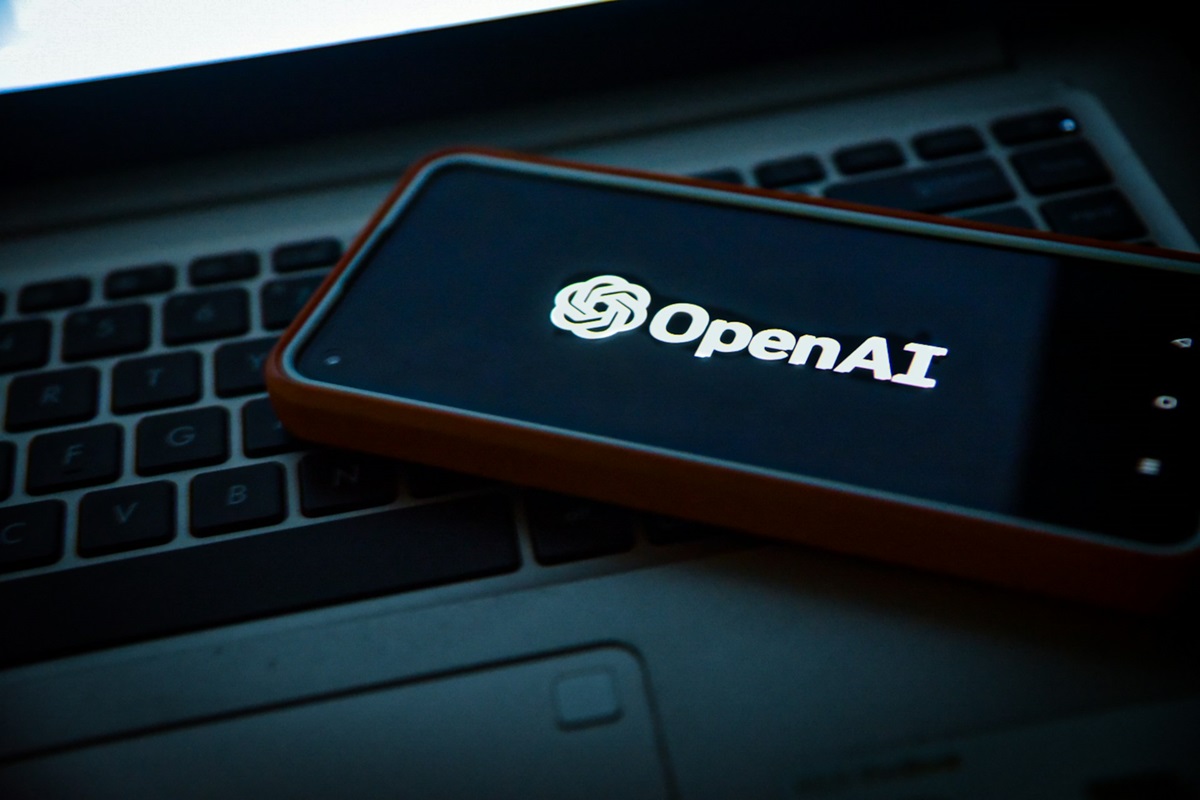The media, citing insiders, reported that SoftBank Group Corp. seeks to increase its stake in OpenAI by acquiring shares worth up to $1.5 billion from employees of this startup.

The mentioned Japanese business giant will make a tender offer for the stock. In this case, OpenAI employees will be able to cash out in shares if they make the appropriate choice.
Last month, SoftBank contributed $500 million to the startup’s $6.6 billion fundraising round. According to media reports, referring to an insider, the business giant had intentions to allocate a larger amount of funding in this case. The informant of the journalists used the right of anonymity, noting that the mentioned topic was discussed only in a confidential mode.
SoftBank founder Masayoshi Son intends to increase investment in artificial intelligence. It is worth noting that he assesses the potential of AI as significant. Masayoshi Son predicts that artificial intelligence, which is 10,000 times superior to the human mind in terms of cognitive abilities, will emerge in 10 years.
SoftBank is currently regaining its financial footing. It is worth noting that in recent years, the business giant has made mistakes that have weakened the mentioned financial footing.
During the last fundraising, OpenAI was valued at $157 billion. Currently, this startup is one of the main players in the global artificial intelligence industry. OpenAI has developed ChatGPT. The mentioned digital product is the world’s most popular chatbot based on artificial intelligence, which has impressed the consumer audience with its abilities related to processing large amounts of information and generating original content. The debut of ChatGPT in November 2022 was actually the initial stage of the so-called AI boom.
It is not yet known how many stocks SoftBank will be able to buy from OpenAI employees. The media does not exclude the possibility that the startup’s employees will refuse the business giant’s offer. The corresponding probability will be realized if they estimate prospects of the future as unambiguously positive.
SoftBank and OpenAI did not respond to media requests for comment on insider information.
The journalists also reported that the startup allows its employees to sell shares to the business giant as part of a tender offer. According to one insider, OpenAI employees must decide in the context of the mentioned offer by December 24.
Media informants also reported that Masayoshi Son shows significant interest in increasing the stake of the business giant in the startup.
According to one insider, the tender offer is not related to potential plans to restructure OpenAI into a for-profit business.
It is worth noting that SoftBank demonstrates a high level of activity within the framework of investment activities in the area of advanced technologies. Not all relevant solutions have generated a positive result, which does not negate the constructiveness and expediency of the mentioned efforts vector. SoftBank was one of the first to invest in chip developer Arm.
Masayoshi Son has stated that he is saving tens of billions of dollars to make the next big move in the space of the artificial intelligence industry. Probably, in this case, actions related to investing in the AI area are meant. It is worth mentioning that Masayoshi Son made financial injections in Apple, Qualcomm, and Alibaba.
SoftBank’s Vision Fund 2 has also invested in artificial intelligence startups such as Glean, Perplexity AI, and Poolside. The business giant currently has about 470 portfolio companies and assets worth $160 billion.
The media, citing an insider, reported that the investment in OpenAI is in line with SoftBank’s desire to deploy cash with a capital-intensive business model.
It is worth noting that the ChatGPT developer has good results in terms of raising funds. For example, the startup received about $13 billion from Microsoft. In October, OpenAI closed its latest $6.6 billion round. Moreover, the startup received a $4 billion revolving credit line.
OpenAI’s total liquidity has exceeded $10 billion. This year, the startup expects losses of about $5 billion and revenue of $3.7 billion. The relevant information was published by the media with reference to an insider.
As for the tender offer, it will be available not only for the current but also for former OpenAI employees who had been granted restricted stock units at least two years ago and have held the shares for at least that long. The unit price of $210 will align with the startup’s most recent funding round.
It is worth noting that tender offers have become crucial for technical specialists in the conditions of a dormant IPO market and the rapid growth of valuations of companies. Private firms rely on similar deals to keep employees happy and reduce the pressure to list on public markets.
In the past, OpenAI has taken a more rigorous approach to tender offers. It is worth noting that the current and former employees of the startup, during private communication with media representatives, spoke about the growing concern after reports that the ChatGPT developer had the power to claw back vested equity.
In the summer of the current year, OpenAI changed its policy regarding secondary stock sales. As a result of these changes, the current and former employees of the startup can participate in tender offers.
One insider said that OpenAI expects to allow more secondary sales, and it will need to tap private markets again in the future based on demand from investors and the capital-intensive nature of the business.
It is worth noting that recently the ChatGPT developer has been facing increased competition from both startups such as Anthropic and technology giants, for example, Google. The corresponding tendency is typical for the entire artificial intelligence industry. This dynamic is logical, since AI is actually the main technology of modernity, and has significant already realized capabilities and large-scale potential. According to preliminary forecasts, the revenue of the generative artificial intelligence market will exceed $1 trillion within a decade. Also, Menlo Ventures’ data shows that business spending on generative AI has increased by 500% this year.
Last month, OpenAI launched a search feature within ChatGPT. The mentioned decision is expected to strengthen the startup’s position in the context of competition with search engines such as Google, Microsoft’s Bing, and Perplexity AI. At the same time, there is no clear answer to the question of OpenAI’s motivation in this case. In the relevant context, it is implied that it is possible that the decision to launch a search feature within ChatGPT is a kind of reaction to increased competition in the artificial intelligence industry, which generates new challenges and conditions for players in the relevant space. The number of startups developing AI and their virtual products is increasing, which is why more and more efforts need to be made to gain consumers, including by launching new functional solutions. At the same time, it is possible that the launch of a search feature within ChatGPT is a natural stage in the development of OpenAI, independent of external circumstances.
It is worth noting that during the period of active development and spread of artificial intelligence, the issue of cybersecurity is becoming more and more urgent. Scammers also have access to AI. Leveraging artificial intelligence tools makes their activities more sophisticated. To counteract the corresponding threat in the virtual space, personal awareness of users is important. For example, a query in an Internet search engine, such as how to know if my camera is hacked, will allow anyone to get information about signs of unauthorized access to the device.









